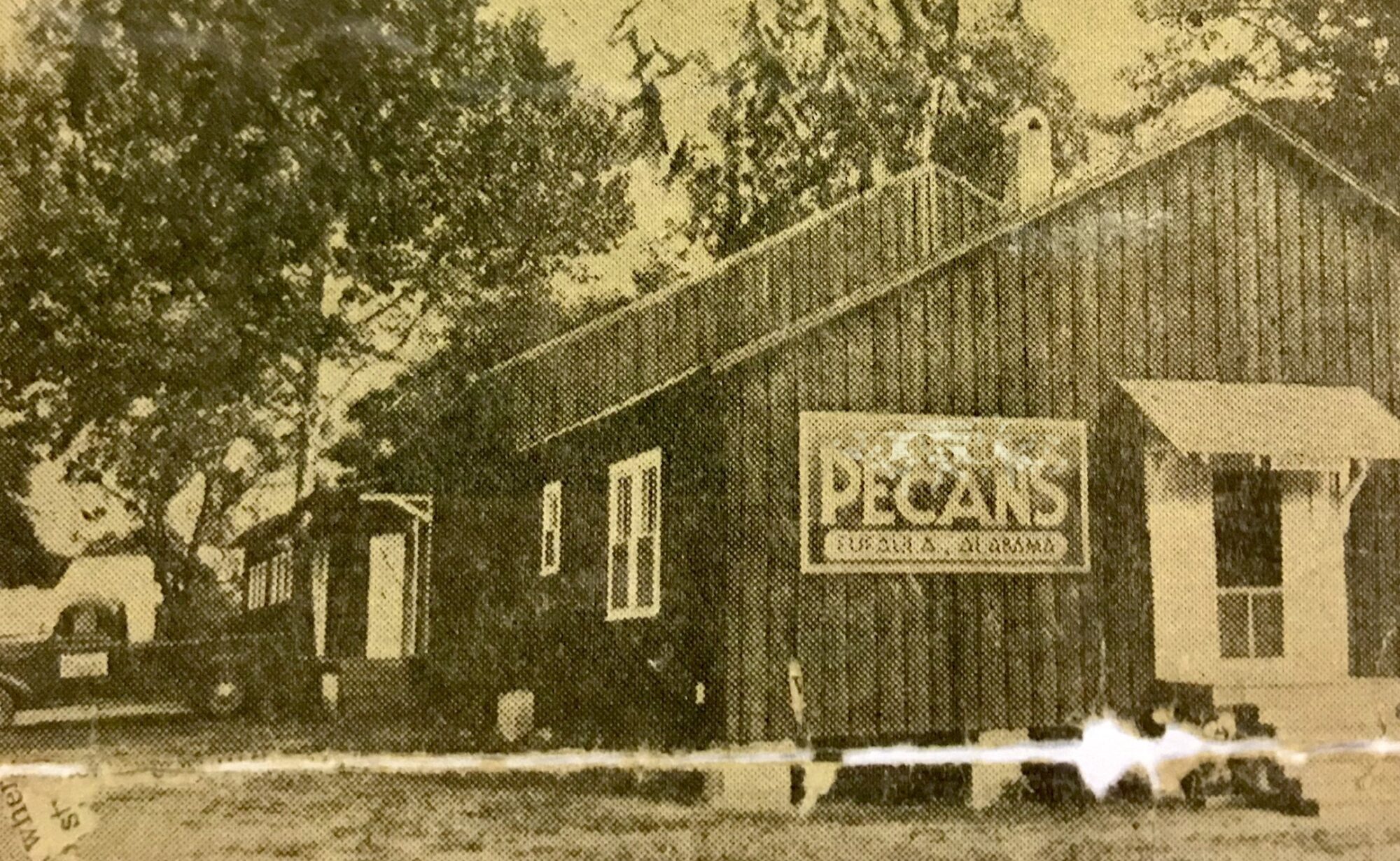Hello!
We’re excited to be able to offer a setting where people can participate in various art mediums and craft projects. Art has always inspired and provided Hope through the years.
We thought it fitting for the art studios to be in a historic location that reflected the hope, hard work, and drive of those who tried to provide a better life for both their children and community.
Old Pecan Factory started as a planing mill as early as 1885; later adding a machine shop (@1895), then a blacksmith shop (@1903). Based on comments in a Federal Writers’ Project interview (1936-38) with Gus Askew and in combination with History of Barbour County, Alabama by Mattie Thomas Thompson (1939) and the Sanborn maps (1885-1950), Gus started working with Joe Sturges at the blacksmith shop located on Randolph Avenue near the First Baptist Church. Around 1929, this blacksmith shop was converted to a plumber’s shop. Gus stated Joe was the first blacksmith and he was the second, later handing the trade down to his son. Gus was born into slavery. After the war was over, he started working for Joe. Gus was a blacksmith for 70 years. From his earnings as a blacksmith he was able to save to buy a home and some property.
Years later the location was a working pecan factory. In season to supplement their incomes, cotton mill employees would work at the pecan factory. In the aftermath of the Great Depression, the cotton mill workers’ families embodied a true community spirit. They cared and aspired to not only provide a better life for their own children but their neighbors’ as well.
Like those before us both my husband, Randy, and I hope Old Pecan Factory will be our small way in contributing to you, our community.
Kind Regards, Miriam

